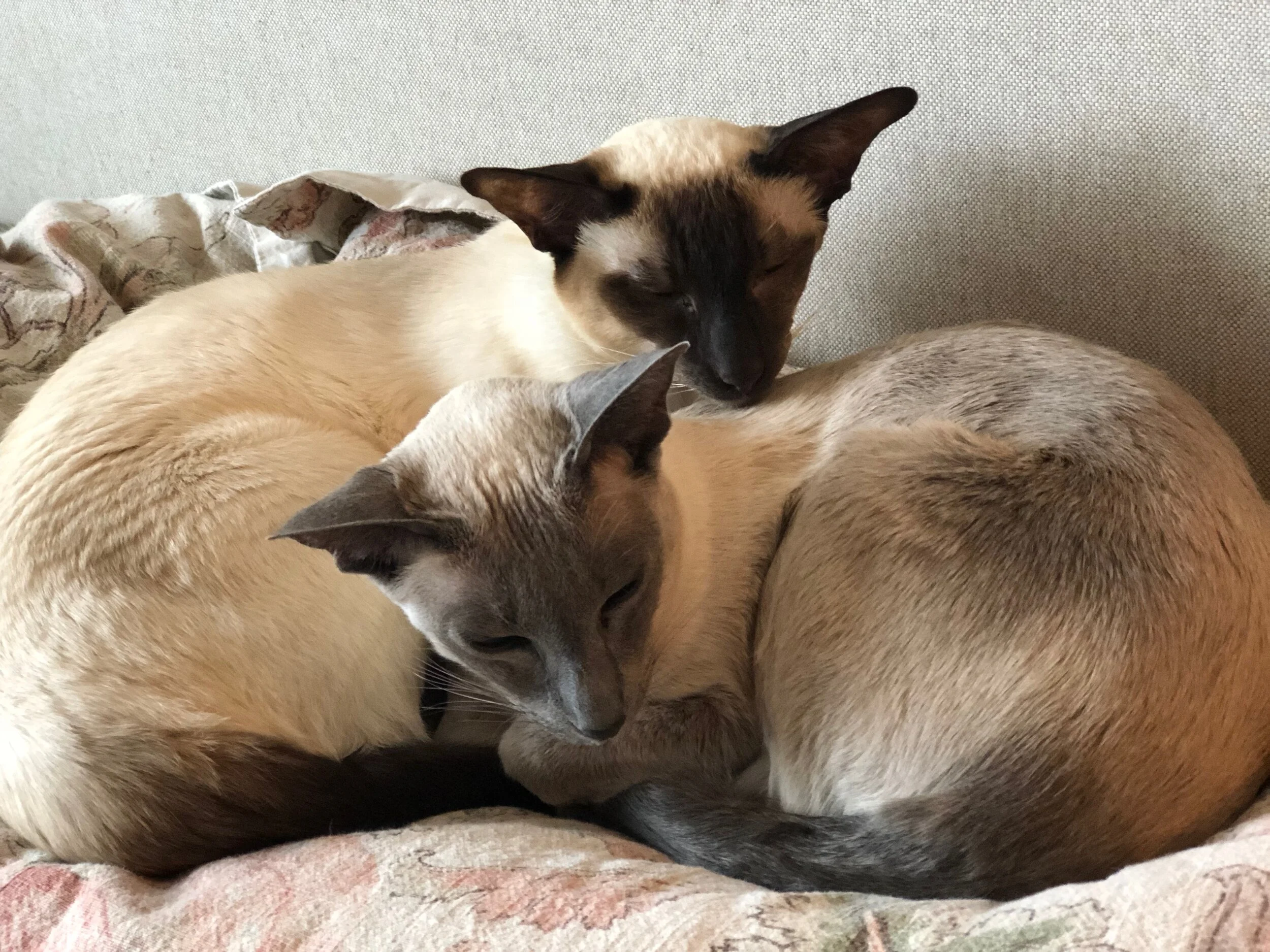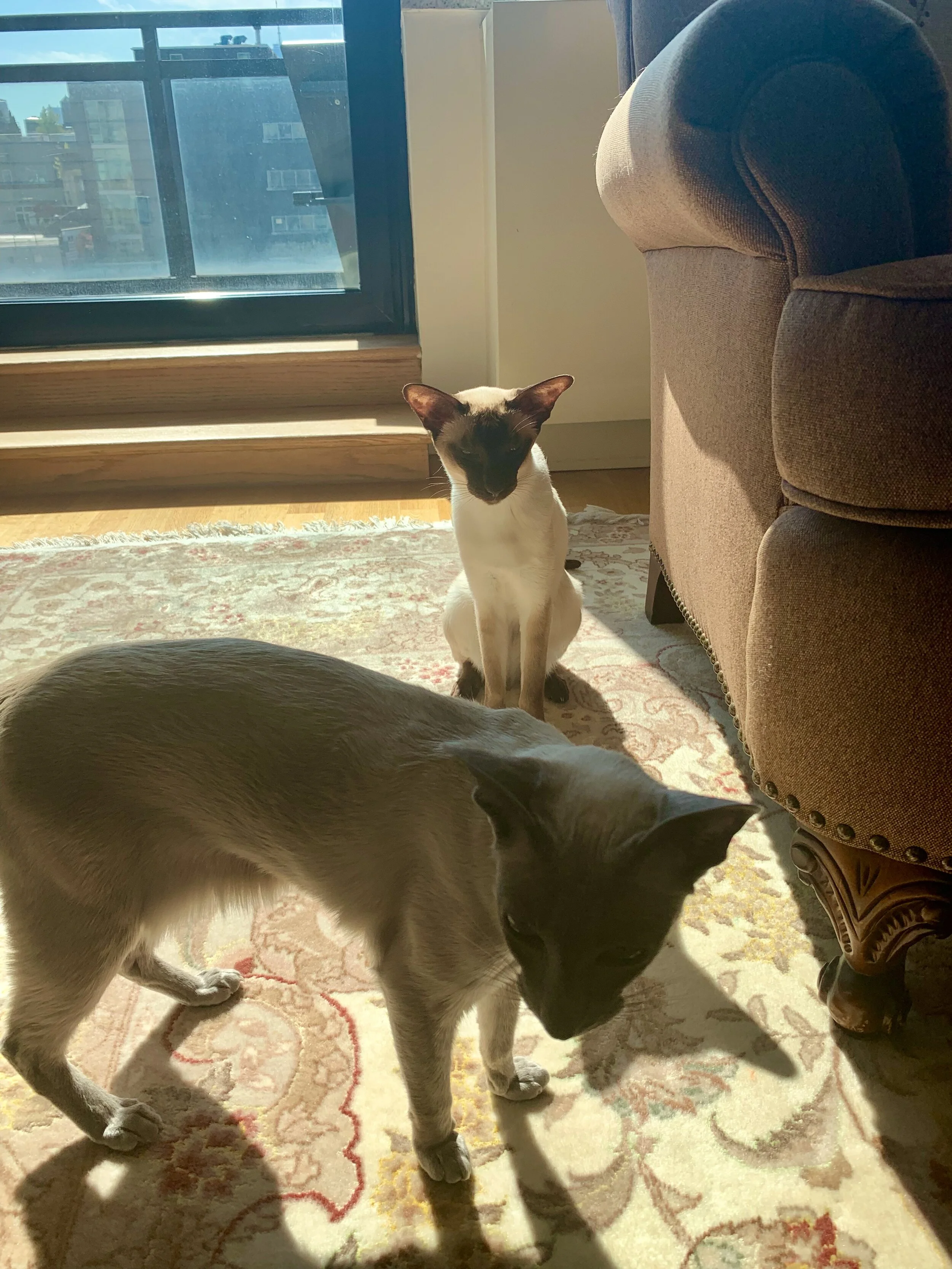Shabbos 37
“The Gemara rejects this proof.”
I had a difficult time with today’s reading; I reread the section several times in an effort to find something to grasp onto and this is the best I could come up with: I imagine a group of argumentative Rabbis huddled over a stove debating if it is allowable to cook food on an open burner during the Sabbath. I see them moving the pot back and forth, assessing what is permissible and what is not.
Shabbos 36
“We too shall speak of matters whose name changed over the generations.”
We are taken on a journey today of the etymology of biblical words. Rav Ashi provides us with a lesson in name changes over generations starting with the city known as “Babylon that was called Bursif in later generations.” Somehow, the plight of a divorced woman is intertwined with the importance of being cognizant of the city’s name change because it is critical that the “get” includes the exact name of the location where it was executed.
Shabbos 35
“When one can see one star in the evening sky, it is still day; two stars, twilight; three stars, night.”
Today’s text returns to the discussion of twilight: how do you define the period between when the day ends and night begins? How do we measure it? We are given several explanations, but essentially, we are told it is when you see three stars
Shabbos 34
If competing prostitutes still apply makeup to each other to help one another look beautiful, all the more so that Torah scholars should cooperate with each other.”
The theme for today’s reading portion is boundaries and crossing them from the religious to the secular world, from day to night.
Shabbos 33
“And I will send the beast of the field among you, which shall rob you of your children, and destroy your cattle, and make you few in number; and your ways shall become desolate.”
We are told the story of Rabbi Shimon bar Yochai, who responds in utter disgust to a colleague’s praise of the society built by the Romans. Rabbi Yochai is an ascetic who finds everything the Romans built abhorrent: the marketplaces, bridges, bathhouses all exist for purpose of pleasure, or for collection of tax revenues.
Shabbos 32
“If you fulfill these mitzvot, fine, and if not, then I will take your soul.”
The Rabbis in today’s text, just like all of us, attempt to make sense of life and death and ask why some people die young while others live long lives. They attribute an early death to transgressions that one might have made, but interesting enough, these transgressions only threaten one’s existence when ill and vulnerable. It’s an interesting twist on the mystery as to why some righteous people die young (all those innocent souls who died during the Holocaust, or September 11th, or the pandemic), while some mean-spirited people live a long time.
Shabbos 31
“That which is hateful to you do not do to another; that is the entire Torah, and the rest is its interpretation. Go study.”
Today’s reading focuses on how we conduct ourselves in the world. Are we patient and generous with our time, like Hillel, or a bit of a curmudgeon who can be surly at times, like Shammai? Do we conduct ourselves with integrity in business, engage in study and value wisdom and learning? Are we humble and modest, and understand our limitations as human beings? Do we uphold our values and bring others along with us on our journey of learning and discovery?
Shabbat 30
“For a living dog is better than a dead lion”
The angel of death is very busy right now. We are told that the next two weeks will be difficult, and this is the moment not to go to the grocery store or pharmacy, but to shelter in place. Everyone, please stay home and take care of yourselves and your families (including the furry ones who always get fed first.)
Shabbos 29
“Where he extinguishes the flame in order to spare the lamp, spare the oil, or spare the wick, he is liable.”
The last few readings have been really challenging. Today’s mishmash of themes includes a sort of tribute to the date, methods for lighting a wick (half-burnt, or with rags), impure garments, broken vessels (how does one kindle a fire with any type of vessel, especially a broken one?), and the intention behind dragging benches. (There were a lot of benches being dragged around the Yeshivas back then.)
Shabbos 28
“The taḥash that existed in the days of Moses was a creature unto itself, and the Sages did not determine whether it was a type of undomesticated animal or a type of domesticated animal. And it had a single horn on its forehead, and this taḥash happened to come to Moses for the moment while the Tabernacle was being built, and he made the covering for the Tabernacle from it. And from then on the taḥash was suppressed and is no longer found.”
After yesterday’s discussion of cloth and garments and the prohibition of mixing linen and wool, today we are presented with Tabernacle coverings and hides and creeping animals and biblical leprosy and lighting lamps with folded cloth.
Shabbos 27
“However, from where is it derived to include garments made of camels’ hair and rabbits’ wool, goats’ hair or the types of silk, the shirayin, the kalakh, and the serikin among the fabrics that can become ritually impure?”
Today’s topic is all about the cloth. We are provided with a wonderful list of fabrics that comprise garments that can become ritually impure, including wool made from camels, rabbits and goats. These cloths are deemed impure if they come into contact with creeping animals (perhaps bats or snakes creeping or hovering about in faraway markets) or leprosy (is biblical leprosy the coronavirus of its day?)
Shabbos 26
“A mother-in-law who hated her daughter-in-law said to her: Go adorn yourself with balsam oil. She went and adorned herself. When she came, her mother-in-law said to her: Go light the lamp. She went and lit the lamp. She caught fire and was burned.”
Today’s reading continues the discussion of oils that are appropriate to light the Sabbath lamp. The attributes of balsam oil are considered, and we are told that it is so fragrant that one might be tempted to dip his finger into the lamp in order to perfume himself and violate the Sabbath. Alternatively, we are told that the oil is flammable. We are offered a horrible story: a mother-in-law who hated her husband’s wife suggests that she adorn herself with balsam oil. She then requests that a lamp be lit, which causes her daughter-in-law to be burned.
Shabbos 25
“And my soul is removed far off from peace, I forgot prosperity.”
An interesting comparison is made between lighting a Shabbat lamp, which is an obligation, and “washing one’s hands and feet with hot water in the evening prior to Shabbat” which is described as “merely optional.” Washing before the Shabbat is characterized as a mitzva – a gift – a moment to enjoy the warm water on one’s hands and feet and face – rather than a requirement.
Shabbos 24
“One might not light with burnt oil on a festival.”
We don’t need fancy oils to demonstrate respect and honor for what matters most, for learning, our family, friends, neighbors, co-workers and ourselves; we need to make do with whatever we are able to scavenge from empty supermarket shelves. What matters is that we are doing the best we can and continuing to improvise and live our lives.
Shabbos 23
“The mitzva is not only to kindle the light but to see the light as well.”
I am intrigued by the mention of Judith and her enigmatic connection to the Hanukkah holiday. She is never mentioned in the Talmud but there is a tradition that incorporates her narrative into the miracle of Hanukkah. Judith is said to have slaughtered the Assyrian general Holophernes in a daring move that resonates with how Queen Esther saved her people. Holophernes was serving in Nebuchadnezzar’s army and is responsible for the siege of Judith’s biblical hometown of Bethulia. She is described as an unusually beautiful widow who is able to seduce Holophernes with her charm and expert planning.
Shabbos 22
“One should treat the Hanukkah lights as if they are sacred.”
We are told that what really matters is the sharing of the light: “lighting is simply an auxiliary action that facilitates the fulfillment of the essence of the mitzva, which is placing the lamp in a place where its light can be seen by the public.” Once again, we learn about the importance of intention. If one’s intention is to enjoy the light of the Hanukkah lamp for himself, he fails to fulfill the true purpose of the ritual, which is to share the light with others.
Shabbos 21
One elevates to a higher level in matters of sanctity.”
Today’s reading is replete with light. We learn that the wonderful list of materials that are prohibited from being used to light a lamp on the Sabbath are acceptable for making a bonfire; this includes cedar bast, uncombed flax, raw silk, willow bast, desert weed, green moss, pitch, wax, castor oil, burnt oil, fat from a sheep’s tail and tallow. I do not know what some of these substances are (what is bast?), but it’s an amazing list to read out loud.
Shabbos 20
“And one may light the fire.”
Today we play with fire. We are told that it is only permitted to light a fire before Shabbat eve if there is sufficient time for the fire to take hold so that it does not need to be stoked or fed with additional kindle.
Shabbos 19
“One may put food before the dog in the courtyard.”
Today’s reading suggests that we should take care of our animals even on the Sabbath and ensure they are fed properly. The Talmud advocates for respecting the animals we live with. 2,000 years ago, they may have been working animals that provided important support to one’s household. Today they provide support of a different kind. And especially today, with what the world is living through. We need the love of every being around us in order to soldier through these difficult times, including our companion animals.
Shabbos 18
“These are cases where he declares the utensils ownerless.”
Today’s theme focuses on the prohibition against “stoking the flames” on Shabbat. This is applied to various scenarios that include placing bundles of flax in a pot, wool in a kettle, and uncooked or lightly cooked meat in an oven. Shammai, who appears to be recovered from the near violent disagreement yesterday with Hillel and his students, tells us today that it is permitted to allow food to simmer or roast on a spit-fire throughout the Shabbat if they are placed within their utensils while it is still day and are deemed ownerless.


















